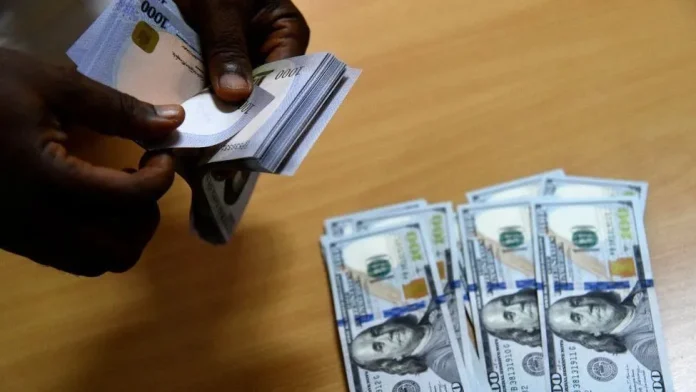Showing high daily volatility, the Nigerian naira fell 3.5% to 768.44 naira on Tuesday after the previous rally in the foreign exchange market for investors and exporters.
Data from the Central Bank of Nigeria (CBN) show that total foreign exchange reserves have already dwindled to US$34 billion, despite an improvement in export earnings in June ahead of the eurobond payment deadline.
Next week, Nigeria’s US$500 million senior unsecured loan issued at a coupon of 6.375% to prop up government finances will mature in the international bond market.
Many Broadstreet analysts said repayments in naira have surged following Apex Bank’s local currency decision, but they don’t expect repayments to cause immediate problems.
In the parallel market, Naira was relatively flat at Naira 775 against the US dollar, reflecting the positive impact of liberalization of the foreign exchange market. FX stop rates have converged, but there is some unexplained dust in the FX supply. Many forex traders said they expected the reintroduction of the official window buyer-seller model to influence the direction of the exchange rate in 2023. Moreover, investment banking experts believe that currency reforms at top banks will not produce the desired results until government agencies clear foreign currency arrears with foreign investors.
“…the CBN’s removal of a number of FX windows has certainly boosted foreign investor confidence, but we expect them to take a wait-and-see approach for the time being and look for signals that the CBN plans to start cutting back. “We expect FX delinquency to increase FX supply to support the market in the short term,” Cordros Capital explained.













